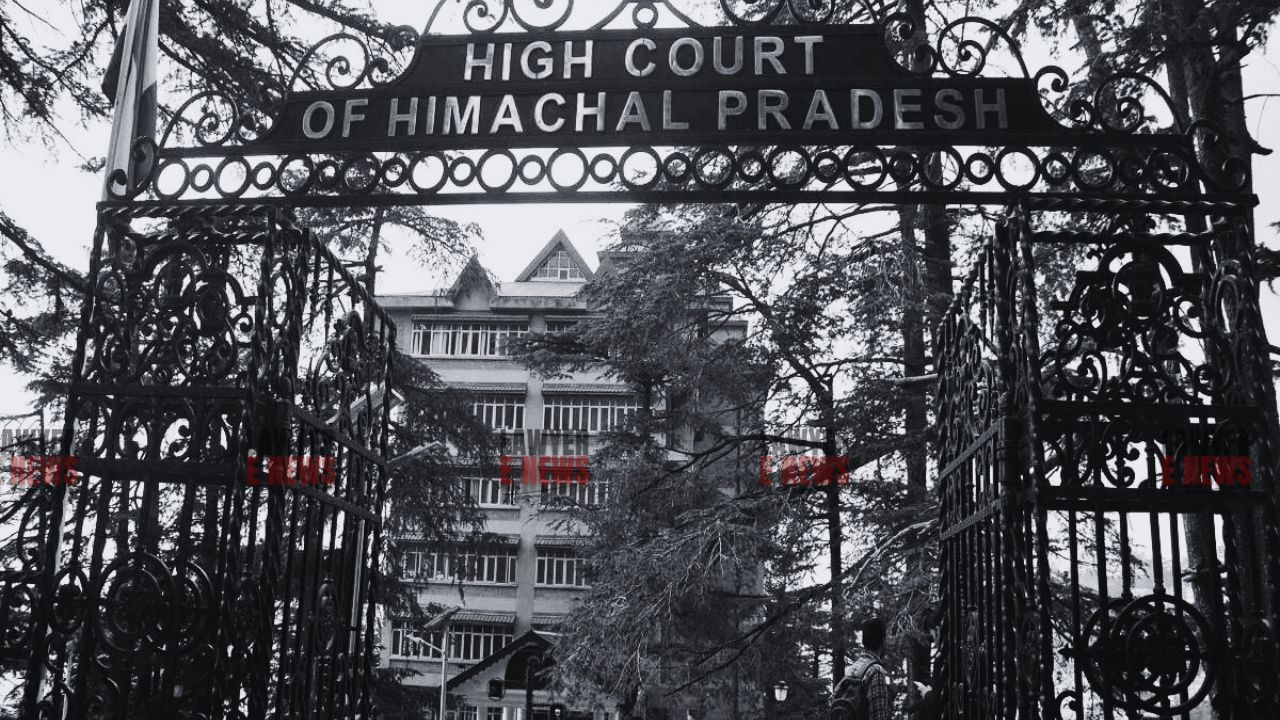-
by Admin
15 February 2026 2:36 AM



The Himachal Pradesh High Court has overturned the conviction of Sunil Kumar alias Sunny under the Protection of Children from Sexual Offences (POCSO) Act, citing significant gaps in the prosecution’s evidence. However, the court upheld the conviction under Section 363 IPC for kidnapping. The judgment, delivered by a bench comprising Justices Tarlok Singh Chauhan and Sushil Kukreja, emphasized the importance of rigorous evidence collection and proper procedural adherence in securing convictions.
On November 6, 2015, a complaint was lodged by the father of the victim, a 14-year-old girl, stating that she did not return home from school the previous day. The investigation revealed that the accused, Sunil Kumar, had enticed the victim to accompany him to Shimla, where they stayed overnight. The trial court convicted Kumar under Sections 363, 366 IPC, and Section 4 of the POCSO Act, sentencing him to various terms of rigorous imprisonment and fines.
The court noted significant discrepancies in the medical evidence presented. PW-10 Dr. Birind Kapil and PW-11 Dr. Anuj Kumar Gupta admitted that no material for DNA profiling was collected from the victim and the accused. Additionally, the chain of custody for the samples collected was not clearly established, raising doubts about the integrity of the evidence. The court observed, “The prosecution has failed to prove on record as to who had collected and preserved the material for DNA profiling of the victim as well as the accused.”
The court found that the testimonies of key witnesses, including the victim (PW-1), her father (PW-5), and her neighbor (PW-6), did not support the prosecution’s case of sexual assault. The victim, when declared hostile, denied that the accused had subjected her to any sexual intercourse. The court highlighted the principle that conviction in sexual assault cases can be based solely on the testimony of the victim if found credible, but in this case, the victim’s testimony did not corroborate the prosecution’s allegations.
The judgment emphasized the necessity of stringent evidence collection and proper procedural adherence in cases involving serious charges like those under the POCSO Act. The court stated, “The SFSL reports containing the results of examination are of no help to the prosecution. Many links are missing from the chain of the prosecution case from the stage of collecting the samples, their preservation, and till the same reached the laboratory.”
“The possibility of the police fabricating/tampering with the evidence cannot be ruled out,” remarked Justice Kukreja, underlining the importance of maintaining the integrity of evidence in criminal proceedings.
The High Court’s decision to overturn the POCSO conviction while upholding the kidnapping charge underscores the judiciary’s commitment to ensuring justice through meticulous examination of evidence and adherence to legal procedures. This judgment serves as a crucial reminder of the need for robust and credible evidence in securing convictions, particularly in cases of sexual violence. By setting aside the flawed conviction, the court has reinforced the legal standards required for a fair trial and the protection of the rights of the accused.
Date of Decision: August 1, 2024
Sunil Kumar @ Sunny vs. State of Himachal Pradesh
